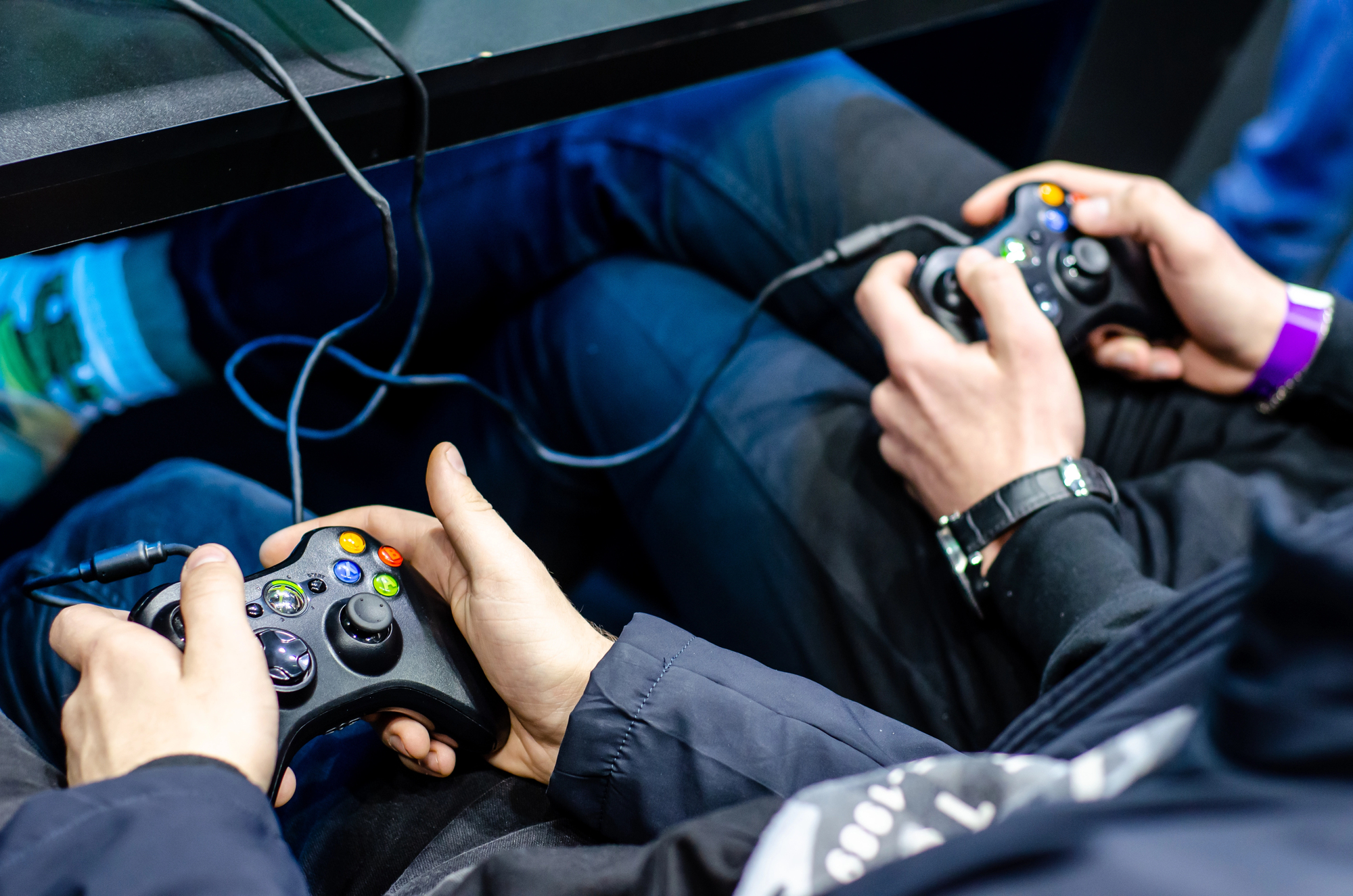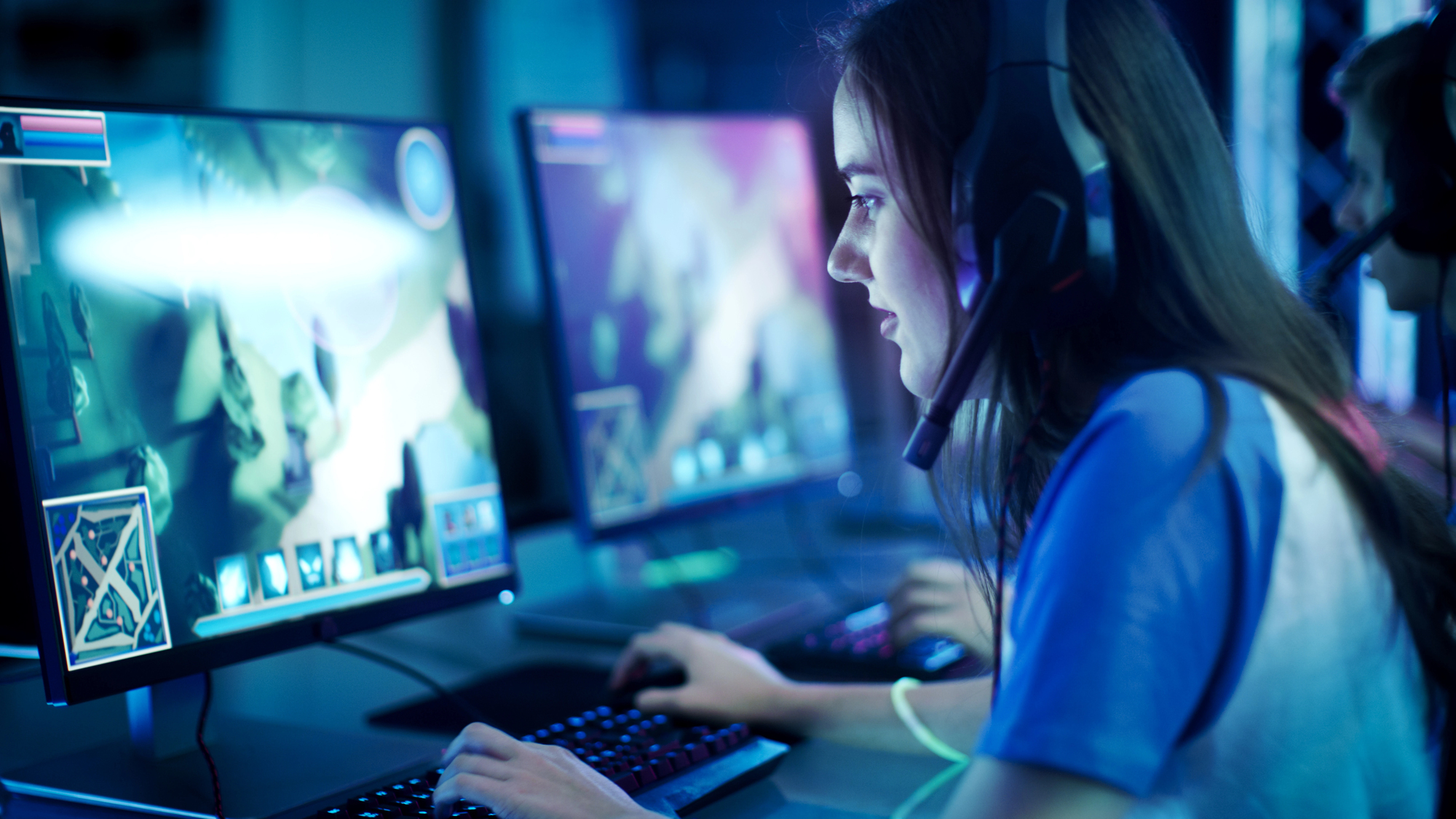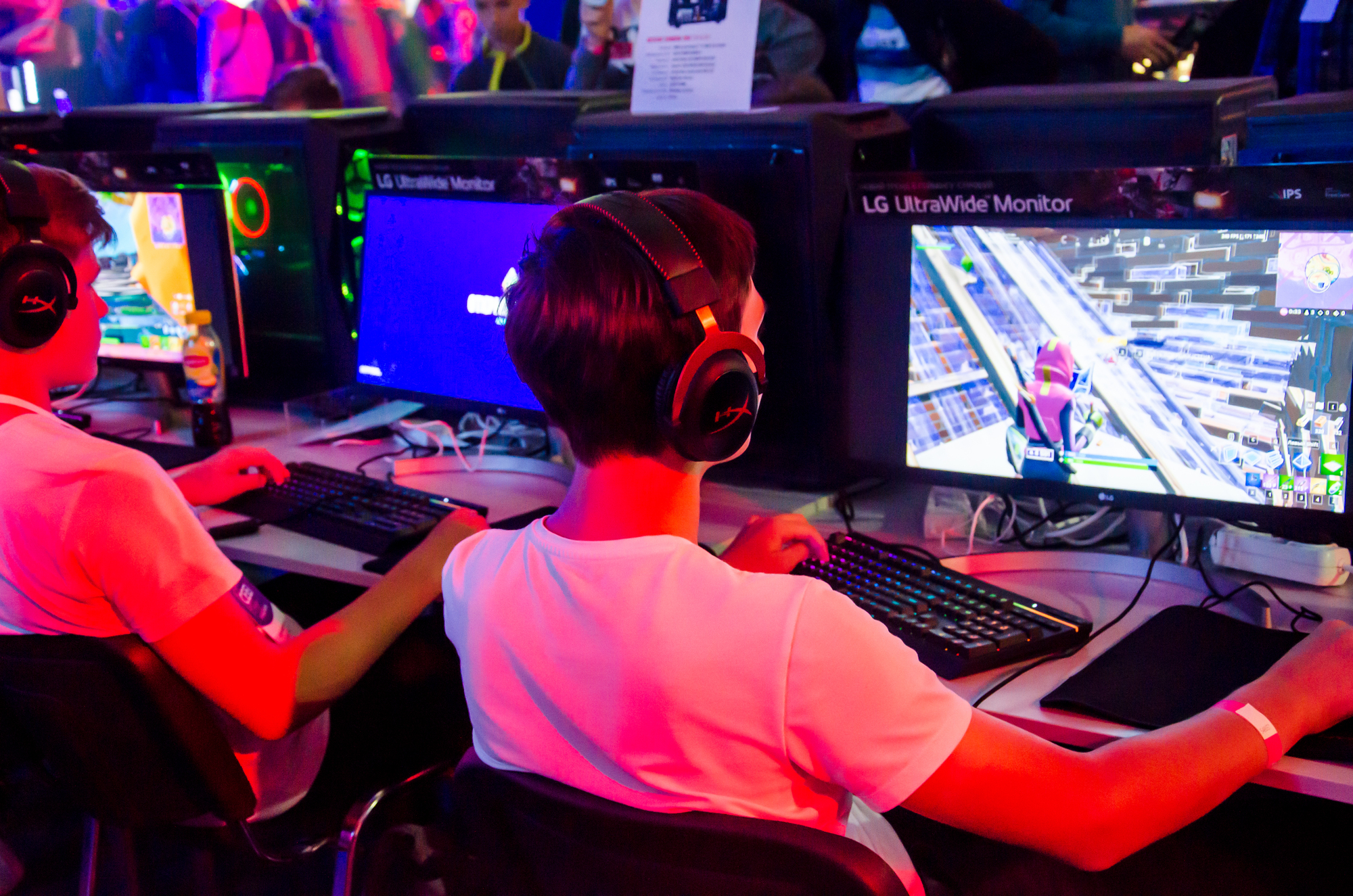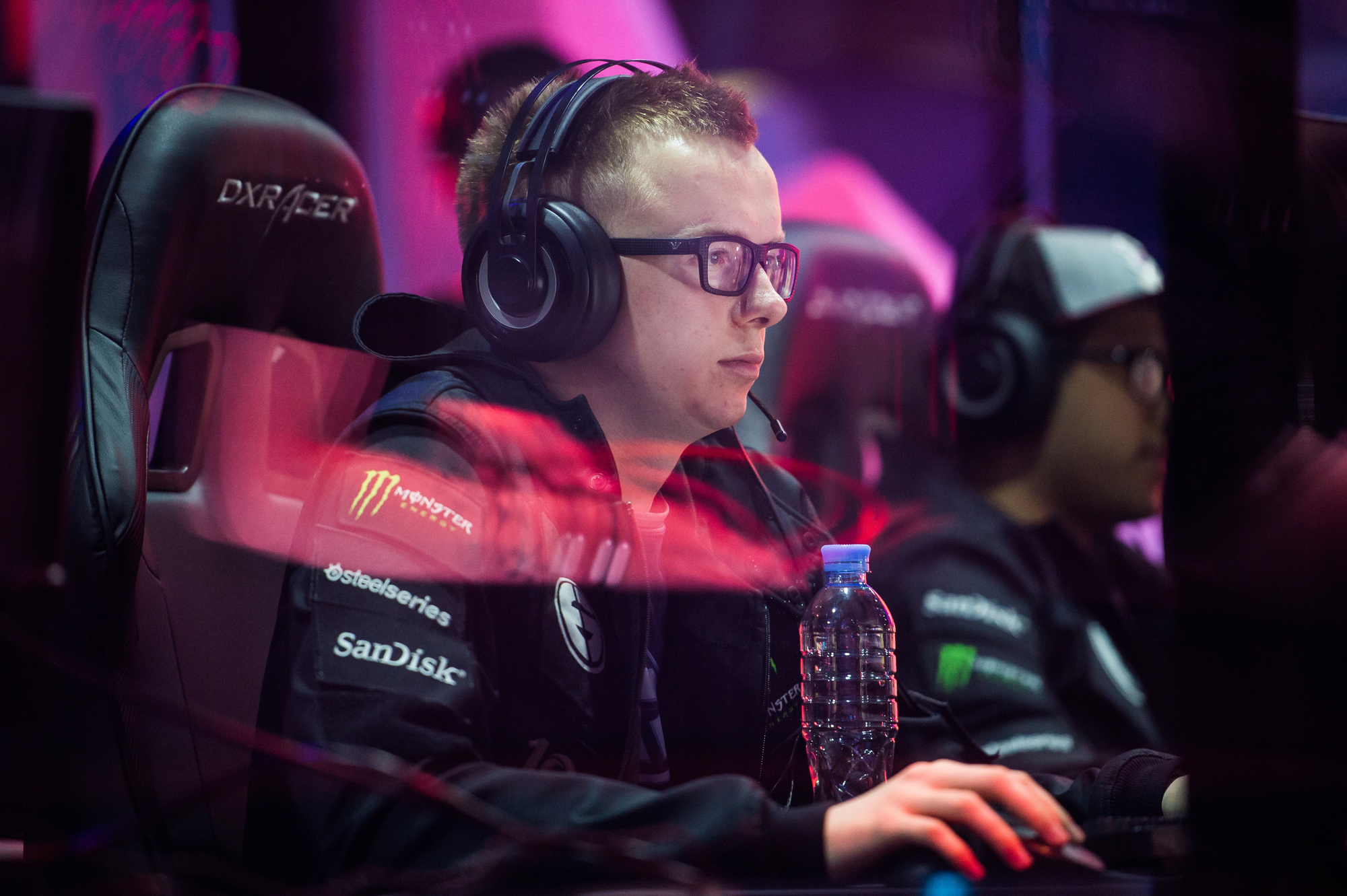Gaming has emerged as an unexpected ally in promoting global health and wellness. The World Health Organization has recognized the potential of video games to improve mental well-being, train healthcare professionals, and assist individuals with physical limitations. This innovative approach harnesses the widespread appeal of gaming to address various health challenges.
Research consistently shows that gaming and esports can contribute to improved mental well-being by fostering a sense of belonging, developing skills, and providing relaxation. These benefits are particularly relevant in today’s digital age, where traditional approaches to health promotion may fall short. By engaging players in interactive experiences, games can encourage positive behaviors and social connections that support overall wellness.
The COVID-19 pandemic has further highlighted the role of gaming in health promotion. Online games have been leveraged to encourage players to stay physically and mentally healthy during periods of isolation. Some games now incorporate features that prompt users to exercise, meditate, or engage in social contact, demonstrating the potential for gaming to serve as a platform for holistic health interventions on a global scale.
The Impact of Gaming on Mental Health
Gaming influences mental health in complex ways, with both positive and negative effects. Research shows that video games can provide stress relief and promote emotional resilience, while excessive gaming may lead to gaming disorder.
Understanding Gaming Disorder and Mental Well-being
Gaming disorder is recognized by the World Health Organization as a behavioral addiction. It involves impaired control over gaming, prioritizing gaming over other activities, and continuation despite negative consequences. This condition can harm relationships, work, and education.
Not all frequent gaming leads to disorder. Many people play video games without adverse effects. Factors like game design, player motivations, and pre-existing mental health issues influence outcomes.
Moderate gaming can boost mood, cognitive skills, and social connections. Some games are designed to improve mental health directly. The key is balanced gameplay that doesn’t interfere with daily life.
Video Games and Stress Relief
Video games offer a potent form of stress relief for many players. They provide an escape from daily pressures and a sense of accomplishment. Action games can reduce cortisol levels, while puzzle games may lower anxiety.
Multiplayer games foster social connections, combating loneliness and isolation. This social aspect became especially valuable during pandemic lockdowns. Gaming communities provide support networks for some players.
The interactive nature of games engages the mind, offering distraction from worries. This can be particularly helpful for managing mild anxiety or depression symptoms. However, gaming shouldn’t replace professional mental health care when needed.
Promoting Emotional Resilience through Gaming
Certain video games build emotional resilience by presenting challenges in a safe environment. Players learn to cope with failure, persist through difficulties, and celebrate achievements. These skills can transfer to real-life situations.
Games with strong narratives allow players to explore complex emotions and perspectives. This can foster empathy and emotional intelligence. Some games directly address mental health topics, reducing stigma and raising awareness.
Serious games designed for therapeutic purposes show promise in treating conditions like PTSD and phobias. These games use principles of exposure therapy in a controlled, engaging format. While promising, they should complement rather than replace traditional mental health treatments.
Social Aspects of Online Gaming
Online gaming has transformed social interactions, creating new avenues for connection and community building. Players forge relationships, find support during challenging times, and develop teamwork skills through cooperative gameplay.
Building Relationships and Community
Gaming platforms provide spaces for people to meet and form friendships based on shared interests. Many gamers report developing meaningful relationships through online interactions. These connections often extend beyond the game, with players staying in touch through social media or voice chat services.
Gaming communities foster a sense of belonging. Players join clans, guilds, or teams, working together toward common goals. This collaboration builds trust and camaraderie among members.
Some games incorporate social features like in-game chat, friend lists, and group activities. These tools facilitate communication and strengthen bonds between players.
Addressing Social Isolation during Lockdowns
During the COVID-19 pandemic, online gaming emerged as a vital tool for maintaining social connections. As physical distancing measures limited face-to-face interactions, many turned to multiplayer games for social contact.
Gaming provided a much-needed sense of normalcy and routine for those isolated at home. It offered opportunities for shared experiences and conversations, helping combat feelings of loneliness.
Some game developers responded to the pandemic by adding features to support social interaction. They organized virtual events, concerts, and gatherings within game worlds, creating spaces for people to socialize safely.
Communication and Cooperation in eSports
eSports has elevated gaming to a professional level, emphasizing teamwork and communication. Professional gamers must develop strong interpersonal skills to succeed in competitive environments.
Teams practice together regularly, honing their ability to coordinate strategies and make split-second decisions. This intense collaboration fosters close bonds among teammates.
eSports athletes learn to give and receive constructive feedback, manage conflict, and support each other under pressure. These skills often translate to improved social interactions outside of gaming.
The eSports community extends beyond players to include coaches, analysts, and fans. This ecosystem creates numerous opportunities for social engagement and networking within the gaming industry.
Health Promotion Through Gaming Innovation
Video games are emerging as powerful tools for promoting health and wellness. Gaming platforms offer innovative approaches to encourage physical activity, educate healthcare professionals, and raise awareness about important health issues.
Games as Tools for Health Care Professionals
Video games are being used to train healthcare workers in new medical techniques and procedures. Medical simulation games allow doctors and nurses to practice complex surgeries in a risk-free virtual environment. These games help improve hand-eye coordination and decision-making skills crucial for medical procedures.
Some hospitals use gaming platforms to help patients manage pain and anxiety during treatment. Virtual reality games transport patients to calming environments, reducing stress during medical procedures.
Gaming technology is also assisting in rehabilitation. Motion-sensing games aid physical therapy patients in regaining mobility and strength through engaging exercises tailored to their recovery needs.
Encouraging Physical Activity and Healthy Lifestyle
Active video games are combating sedentary behavior by getting players moving. Dance and fitness games provide fun, accessible workouts for people of all ages. These games track movement and provide real-time feedback, motivating users to increase their physical activity levels.
Some games incorporate health education elements, teaching players about nutrition and exercise while they play. This approach helps promote healthy lifestyle choices in an engaging way.
Gaming companies are partnering with health organizations to create challenges that encourage players to adopt healthier habits. These initiatives use game mechanics to reward real-world healthy behaviors.
Educational Gaming and Raising Awareness
Serious games are being developed to educate players about various health topics. These games simulate health scenarios, allowing players to learn about disease prevention, first aid, and mental health in an interactive format.
Public health organizations are using popular games like Minecraft to create virtual worlds that teach children about hygiene and disease prevention. These familiar platforms make important health messages more accessible and engaging for young audiences.
Some games raise awareness about specific health conditions by putting players in the shoes of patients. This approach fosters empathy and understanding, potentially reducing stigma around certain illnesses.
Facilitating Support and Recovery in the Gaming Sphere
Gaming communities offer valuable opportunities for mental health support and recovery. Players can find connections, develop coping strategies, and access resources within these digital spaces.
Enhancing Support Networks for Gamers
Online gaming platforms provide spaces for people to form friendships and support systems. Many games feature built-in chat functions, voice communication, and community forums where players interact. These social features allow gamers to share experiences, offer encouragement, and provide mutual support.
During lockdowns and periods of isolation, gaming communities helped combat loneliness. Players found solace in virtual worlds like Homescapes and Gardenscapes, where they could connect with others while staying safe at home.
Some games now incorporate mental health resources directly into their platforms. These include crisis helplines, wellness tips, and links to professional support services.
Strategic Gaming for Recovery and Coping
Certain games can be used as tools for managing stress, anxiety, and other mental health challenges. Puzzle games and strategy titles often require focus and problem-solving skills, which can help distract from negative thoughts.
Relaxing games with calming visuals and soundtracks may reduce stress levels. Some players use these games as part of their meditation or mindfulness practices.
Competitive gaming can boost confidence and provide a sense of accomplishment. Achieving in-game goals or improving skills over time can translate to increased self-esteem in other areas of life.
Game developers are creating more titles focused on mental health themes. These games aim to increase awareness, reduce stigma, and teach coping strategies through interactive storytelling and gameplay mechanics.












